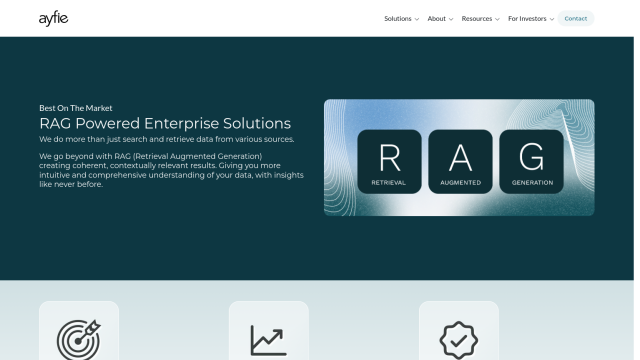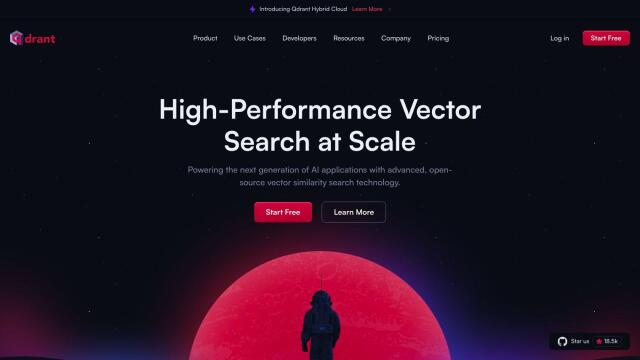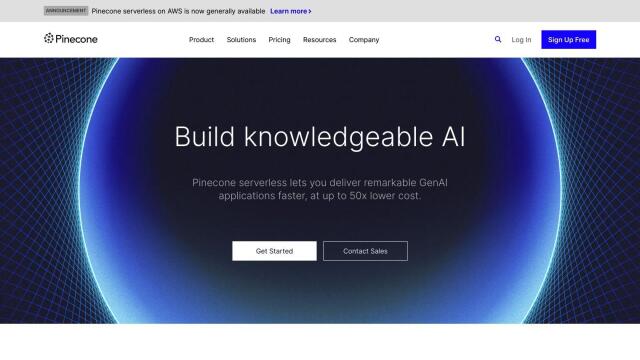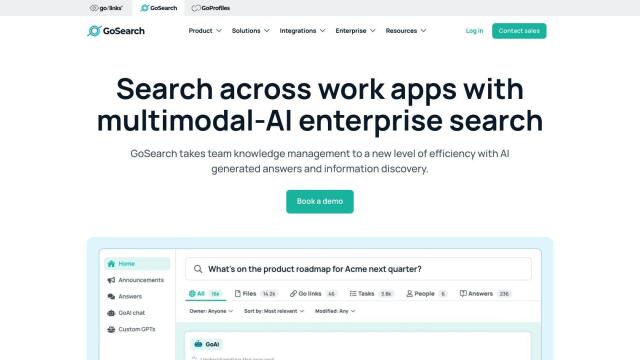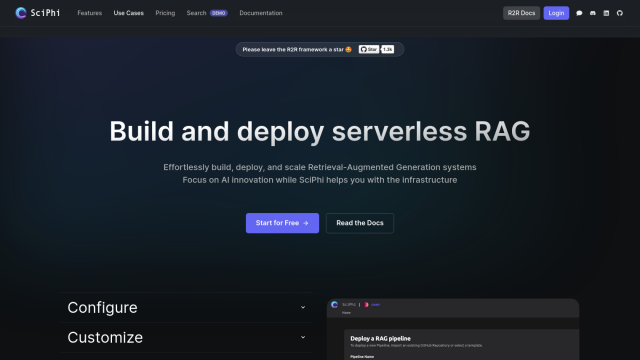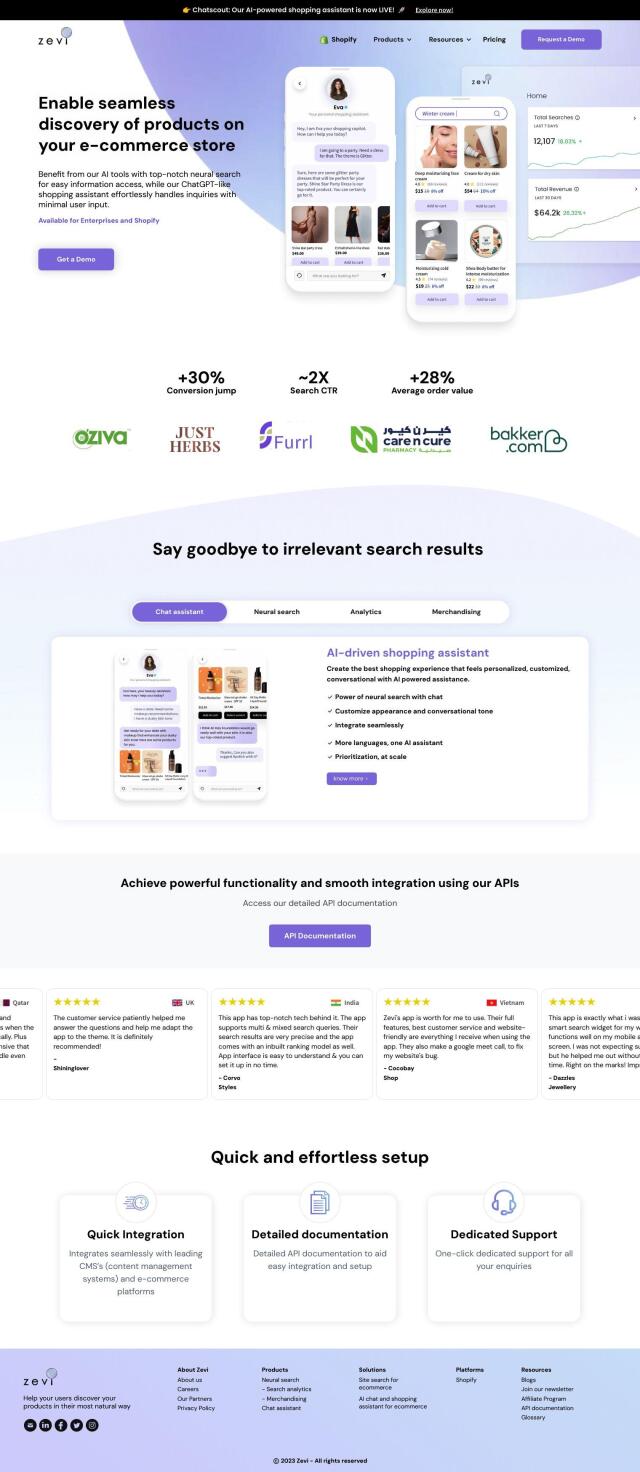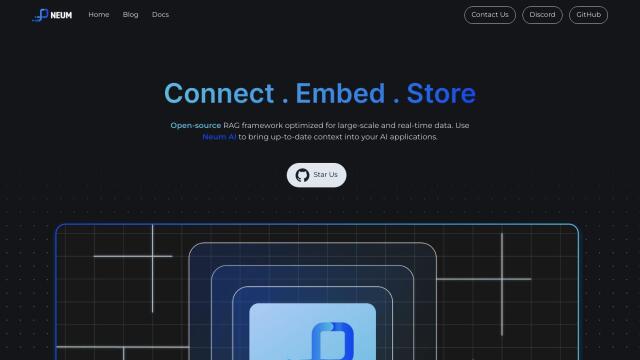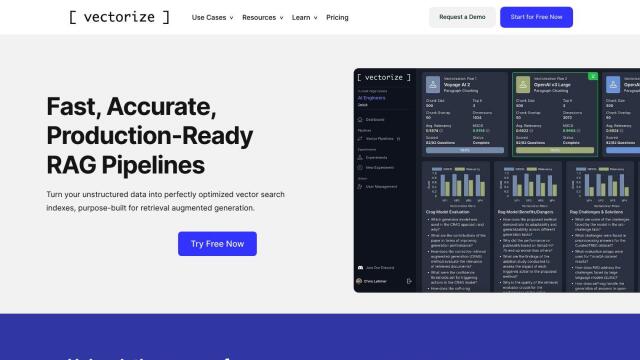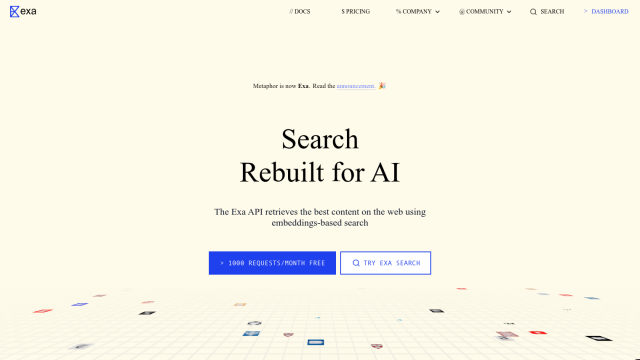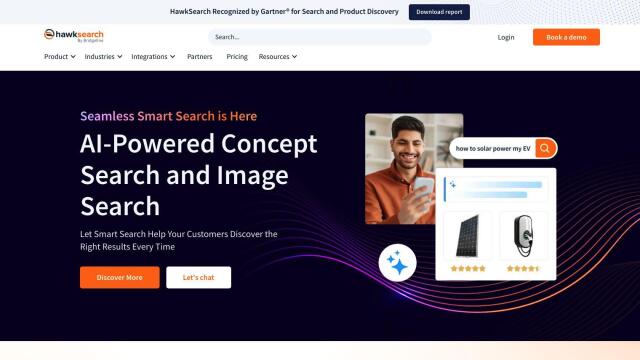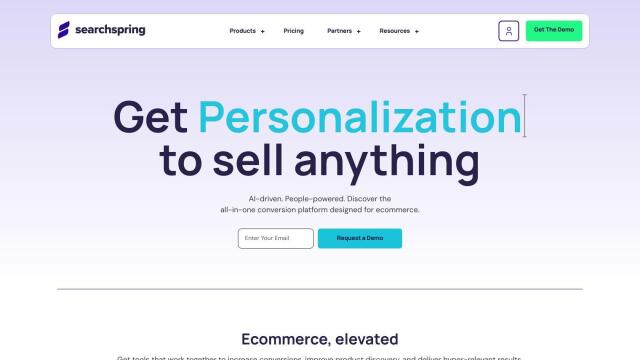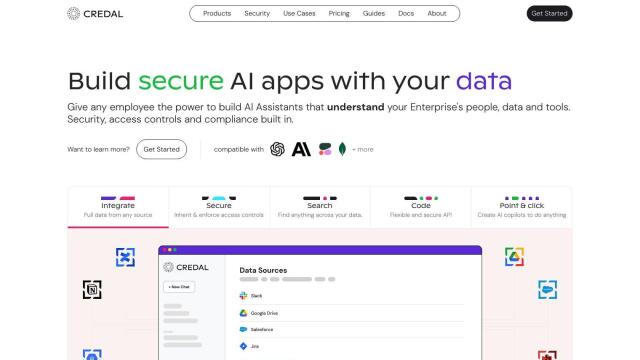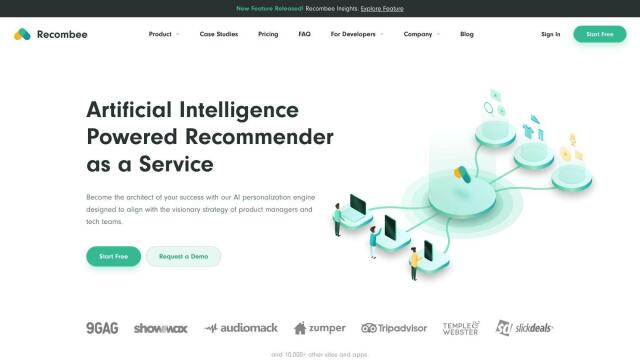Question: Is there a search solution that can integrate with my existing infrastructure and provide a scalable solution for my growing business?

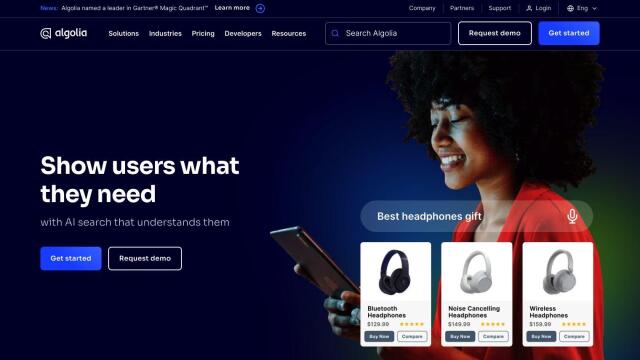
Algolia
If you're looking for a scalable search solution that fits well with your existing infrastructure, Algolia is a good option. This AI-infused search infrastructure offers personalized search experiences with features like dynamic re-ranking, AI synonyms and merchandising. It's good for a wide range of industries and use cases, including headless commerce and mobile search, and can be easily integrated with detailed documentation and API clients.


Vespa
Another good option is Vespa, which offers a single search engine and vector database that can handle vector search, lexical search and structured data. It's designed for scale and performance, combining AI with machine-learned models to offer fast, efficient and personalized search results. The service can be easily integrated with a range of machine learning tools and offers flexible deployment options.

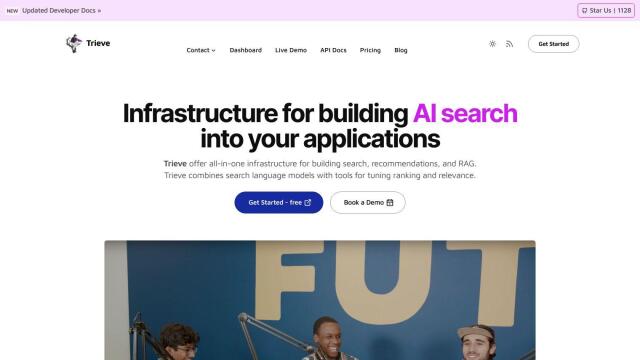
Trieve
For a more mature option, Trieve offers a full-stack infrastructure for building search, recommendations and RAG experiences. It marries language models with ranking and relevance tools, including private managed embedding models and semantic vector search. Trieve offers flexible hosting options and the ability to self-host, making it a good option for enterprises that need a private and customizable search solution.

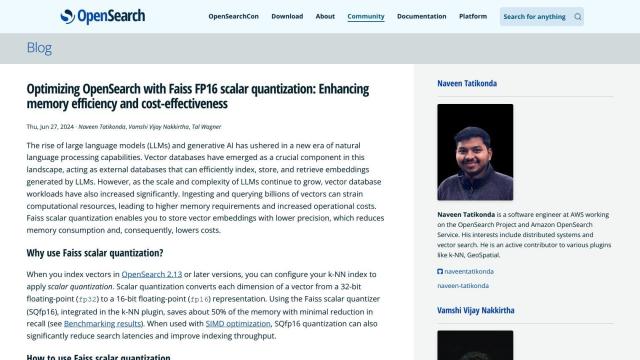
OpenSearch
Finally, you could look at OpenSearch, an open-source project that can handle search, observability and security analytics. It's got features like geospatial indexing, learning to rank and anomaly detection, and can run on a variety of infrastructure. OpenSearch is highly customizable and supports high availability, making it a good option for enterprise use cases.

